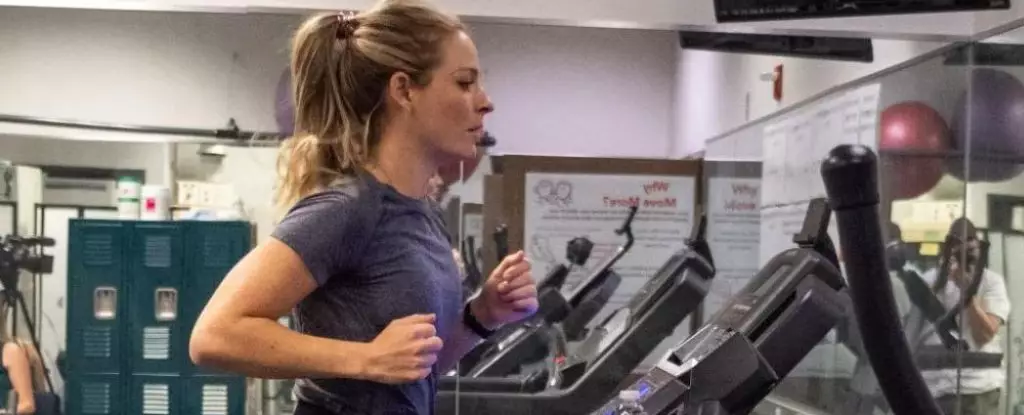The relationship between cannabis and exercise has long been a topic of debate, filled with assumptions and contradictions. While some view cannabis as a performance-enhancing drug, others associate it with laziness and couch-lock. However, emerging evidence suggests that both of these perspectives may miss the mark. Surveys conducted in US states where cannabis is legalized indicate that cannabis users are actually more active than non-users. Additionally, recent research from the University of Colorado Boulder (UCB) suggests that cannabis could enhance the enjoyment of exercise. This article delves into the impact of cannabis on exercise, exploring new findings and challenging preconceived notions.
In a study conducted at UCB, 42 healthy adult runners who were regular cannabis users participated in a treadmill run while their physical and mental states were monitored. During a separate occasion, the participants were given the choice to use either THC or CBD products before a similar run. THC, the psychoactive compound in cannabis, and CBD, a non-intoxicating compound, were both found to enhance positive mood and enjoyment during exercise. However, THC products specifically were associated with a perception of increased effort during the run. It is important to note that although cannabis before exercise appears to have positive effects on mood and enjoyment, the study does not endorse the use of THC or CBD products before physical activity, as potential risks and harms still need to be fully understood.
Recent studies conducted in Colorado have shed light on the acute effects of cannabis on exercise, providing researchers with an opportunity to explore the relationship further. Ultrarunner Heather Masshoudi, a participant in one of the studies, compared the sensation of a “runner’s high” to the experience of getting high on cannabis during shorter runs. Interestingly, intense exercise has been linked to the endocannabinoid system in the brain, which is the system that cannabis interacts with. This suggests a potential connection that warrants further investigation.
The newest study from UCB supports the notion that running high on cannabis can be more enjoyable for participants, even though it may feel slightly harder when THC is involved. Research participants who only consumed CBD still reported greater enjoyment during their runs compared to running sober, without perceiving an increase in exertion. These findings suggest that cannabis may enhance the subjective experience of exercise, making it more pleasurable for individuals. However, caution is necessary when interpreting these results, as potential cardiovascular health implications were observed. Participants who took THC experienced an increased heart rate while high, although this was not further intensified by exercise.
It is essential to acknowledge the limitations of the study conducted at UCB. The research was not double-blinded or randomized, and dosage among participants was not regulated. Additionally, the sample consisted of regular cannabis users who were also avid runners, possibly introducing bias. Therefore, the results may not be representative of the general population. Ethical considerations and potential risks associated with cannabis use preclude researchers from making broad recommendations at this time. Nonetheless, these findings provide a basis for further exploration into the impact of cannabis on exercise.
The impact of cannabis on exercise is a complex topic that requires careful analysis. While assumptions and contradictions have surrounded this issue, recent research from UCB offers new insights. Cannabis use before exercise appears to enhance positive mood and enjoyment, albeit with the use of caution due to potential cardiovascular implications. CBD products, in particular, may offer potential benefits without an increase in perceived exertion. However, it is crucial to note that the current body of research is limited and further investigation is necessary. By unraveling the relationship between cannabis and exercise, we can gain a deeper understanding of how these two elements intersect and potentially uncover new avenues for enhancing physical activity experiences.



Leave a Reply